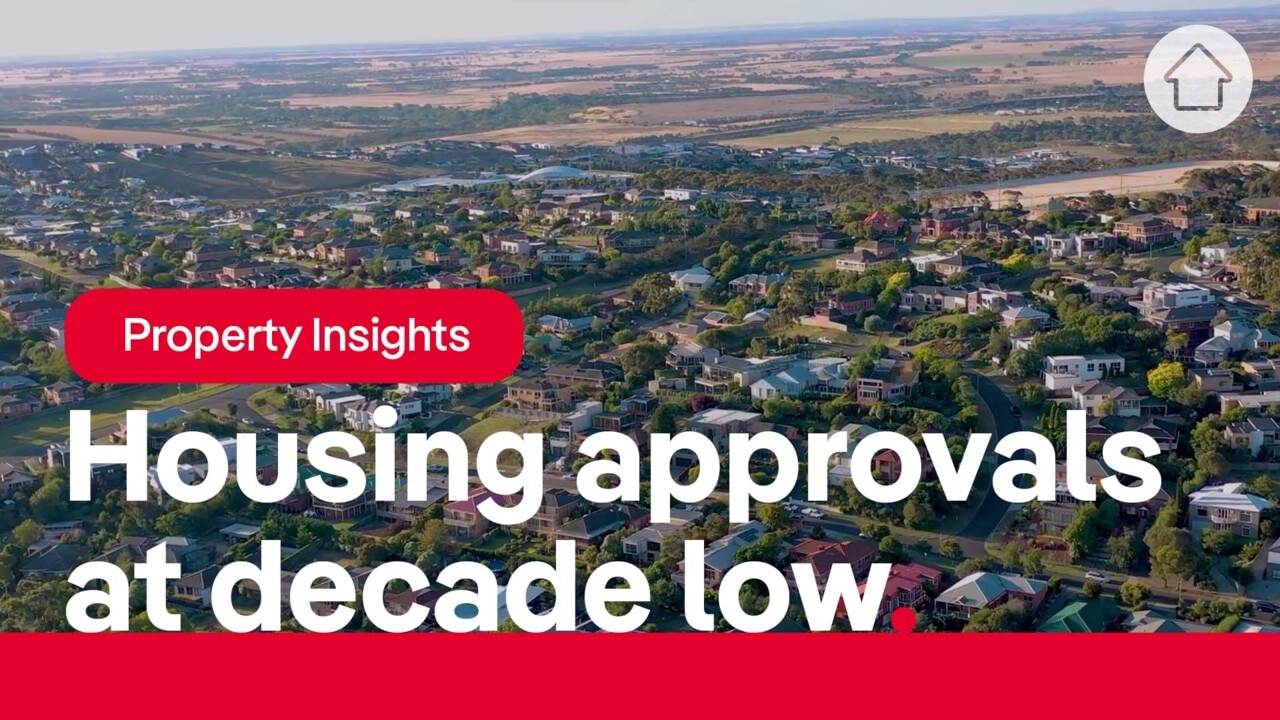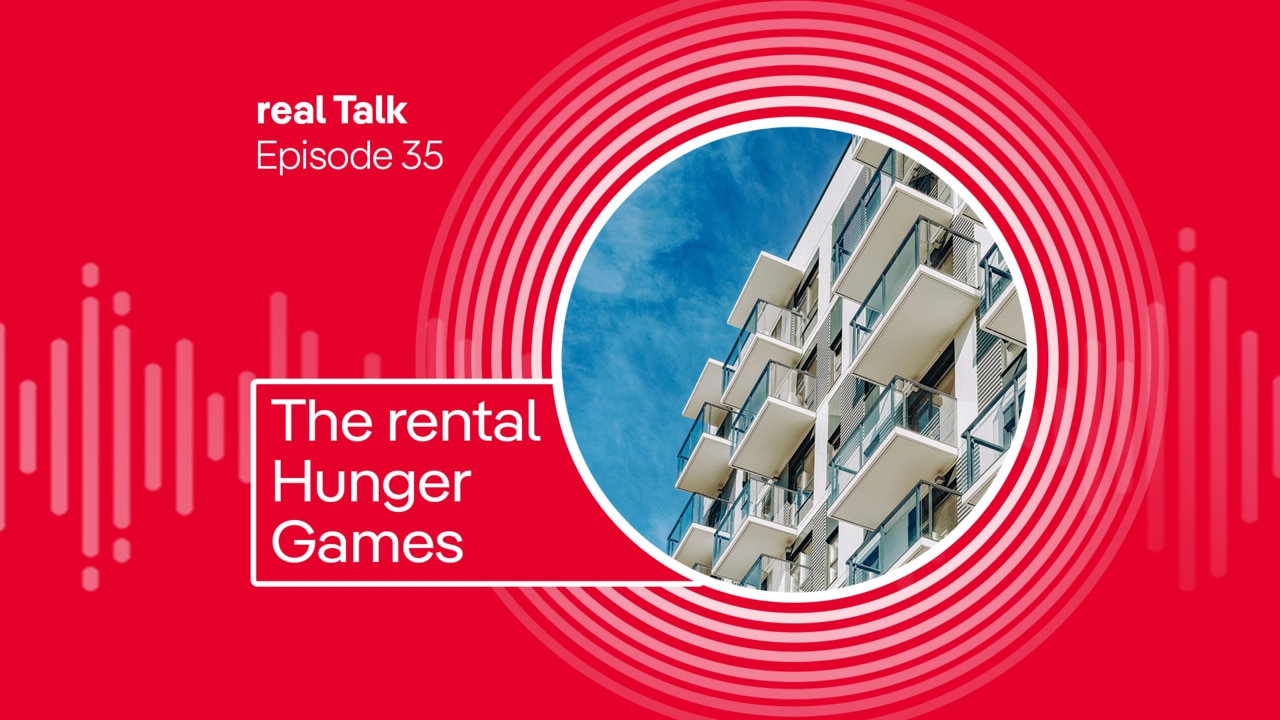Victorian stamp duty revenue falls by 16 per cent in financial year, sparks renewed calls for Land Tax
The drawbacks of stamp duty are well documented, but the latest taxation data highlights why the effects of this yoyo tax extend beyond the property market, writes Cameron Kusher.

The drawbacks of stamp duty are well documented, particularly when it comes to the implications it has for housing supply.
We know stamp duty punishes homebuyers and discourages mobility.
But the latest taxation data highlights why the effects of this yoyo tax extend beyond the property market.
RELATED: 312 suburbs cop budget-busting rental increases – search your suburb
Stop blaming international students for housing crisis
Family who sold their house to pay for chance at IVF’s surprise home luck

Its removal was one of the key recommendations of the Henry Tax Review when it was completed all the way back in 2009.
This week the Australian Bureau of Statistics published taxation statistics for the 2022-23 financial year.
Stamp duty revenue, a tax levied on transactions rather than properties themselves, fell by 16.1 per cent (to $8.998 billion) in Victoria.
That meant $1.7 billion less to spend on things like schools, roads and hospitals than it did in the year prior.
For taxes such as land tax and municipal rates, which are collected annually rather than only when a property is sold, there was a 12.4 per cent increase in revenue to government coffers over the year (to $12.603 billion).

MORE: Entertainer’s paradise boasts two garages, resort-style pool
‘Tower of power’ pad brings Great Gatsby to Melbourne
What’s going on with Melbourne’s ‘zombie’ sites?
If the Victorian government had removed stamp duty and replaced it with a universal land tax its revenue would have increased over the past 12 months – and continue to do so in future years.
A universal land tax would also encourage new housing as each new home would mean fresh revenue for the state.
Research completed this year by the e61 Institute and PropTrack found that, for the average buyer, covering stamp duty costs someone in Melbourne six months’ worth of take-home pay.
The research also found a 1 per cent increase in stamp duty could reduce property sales by 7.2 per cent.

Removing stamp duty and replacing it with a progressive land tax is a much more effective and equitable.
However, given how the first nine months of the financial year have fared for residential property sales and prices it seems likely there will be a strong rebound in stamp duty revenue over the coming year.
Sign up to the Herald Sun Weekly Real Estate Update. Click here to get the latest Victorian property market news delivered direct to your inbox.
MORE: Melbourne ghost sites: Family plan to turn long-time vacant block into hi-tech homes
Home akin to Pride and Prejudice’s estates has dam perfect for Mr Darcy to swim in
The Lucky Coq, Naked for Satan restaurateur selling $8m South Yarra home
Originally published as Victorian stamp duty revenue falls by 16 per cent in financial year, sparks renewed calls for Land Tax



